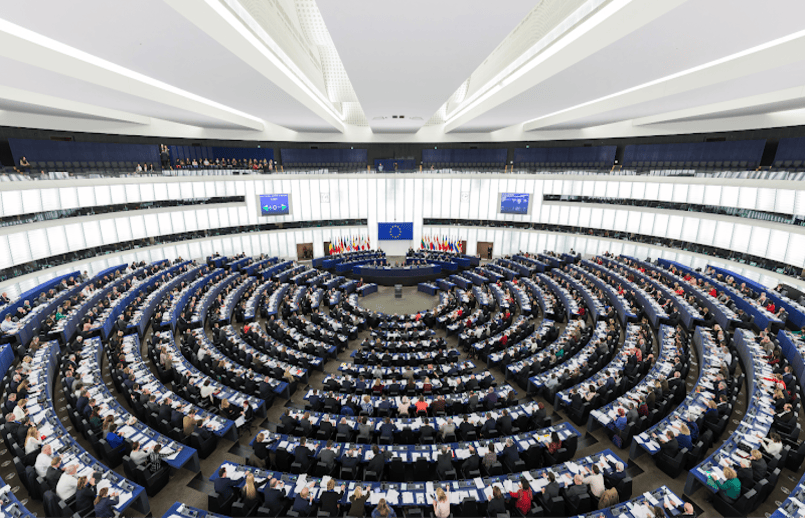The European Parliament’s Committee on Economic and Monetary Affairs (ECON) published on 2 October a report to address one of the EU’s major economic weaknesses: insufficient access to finance for SMEs and scale-ups. The report responds to the Commission’s 2025 policy packages, notably the EU Start-up and Scale-up Strategy, the Savings and Investments Union, and the Competitiveness Compass, and builds on the findings of the Draghi and Letta reports on European competitiveness and the single market.
SMEs constitute 99.8% of EU enterprises and employ 65% of the EU workforce. While being a regional treasure, SMEs still face institutional and bureaucratic challenges. The true problem is not related to their formation but to their scaling up, when copious investments are needed. To put it differently: Europe produces start-ups but loses scale-ups. This scale-up bottleneck is especially dangerous now that Europe is trying to catch up with the market’s most advanced competitors, namely China and the United States.
The report identifies some major challenges for SMEs scaling up: a complex regulatory framework, a still fragmented market, and the heavy reporting and sustainability obligations. It highlights that heavy administrative costs are discouraging investment and expansion. The Parliament calls for a measurable 35% reduction in reporting burdens, with clear monitoring tools and deadlines, and urges the Commission to introduce a comprehensive simplification strategy.
A central pillar is then the creation of a Savings and Investments Union to channel the vast pool of European private savings and institutional funds into productive investment for SMEs and scale-ups. Both pension funds and insurance companies on the one side and public funding on the other are viewed as equally fundamental players in this effort.
Moreover, the report calls for the mobilization of institutional investors under proportionate prudential frameworks that promote long-term, risk-tolerant capital. It supports the expansion of co-investment platforms, angel networks, and the European Tech-Champions Initiative 2.0, ensuring that these mechanisms are well-funded and accessible across all Member States. The text also encourages the responsible use of new financing tools such as crowdfunding, smart contracts, and decentralized finance, provided they operate under innovation-friendly but proportionate regulation.
Europe’s competitiveness depends on both strong national markets and a robust, integrated internal market. The report calls for healthy competition among Member States in regulatory and economic approaches and introduces the concept of a voluntary “28th regime,” a simplified EU-level framework that could attract private investors to European start-ups and scale-ups without replacing national systems. Together, these measures aim to create a coherent, business-friendly ecosystem that makes the EU an easier and more attractive place to start, grow and scale a business, with less red tape, more private capital and open global competitiveness.
To read the full report: https://www.europarl.europa.eu/doceo/document/A-10-2025-0185_EN.html
Source: ECON


